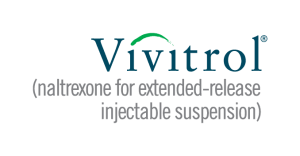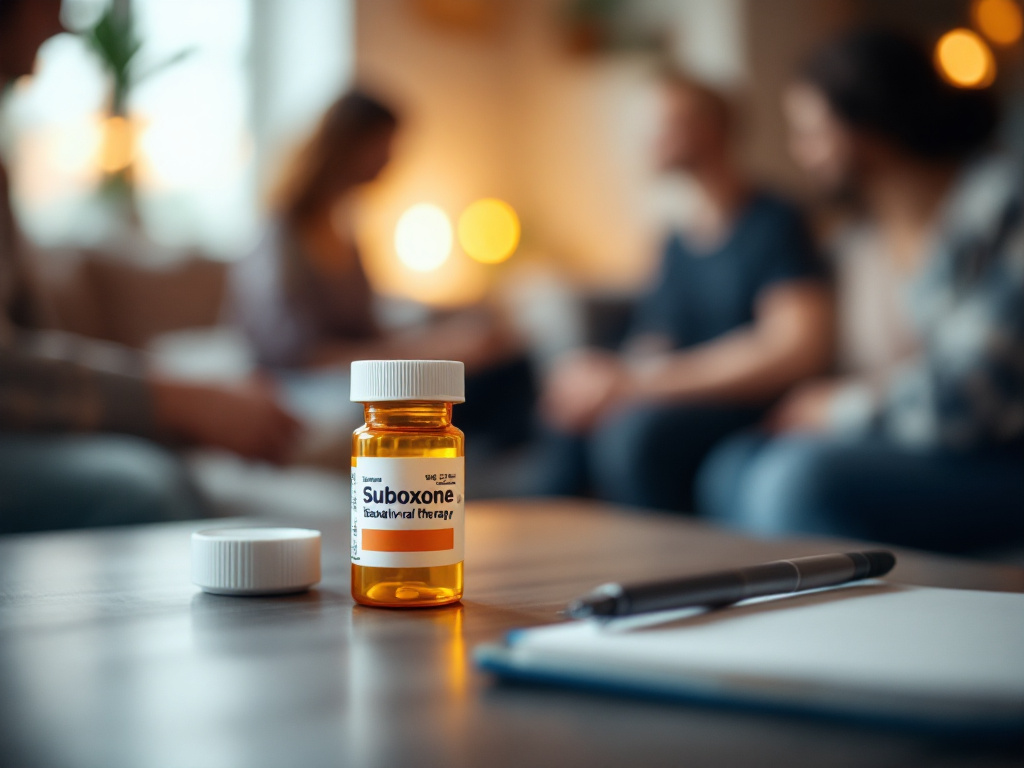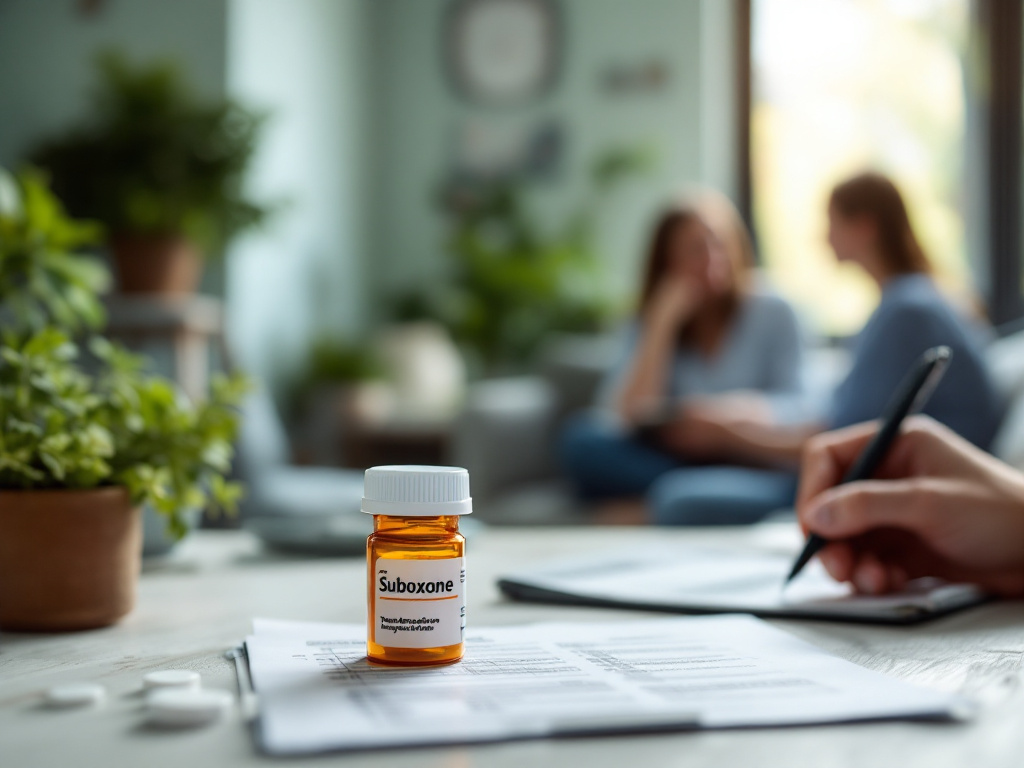If you see that image, you are still here with us. Surviving today’s harrowing drug scene is no small task.
New data released from the Centers for Disease Control and Prevention show that 2017 was the worst year for drug overdose deaths in US history. More than 70,000 people died of overdoses with close to two-thirds of those linked to opioids. Monthly reports from 2018 are showing a decline in overdose death rates in 14 states while 6 other states, including Pennsylvania and Ohio, are experiencing a 30% surge. We are all still firmly in the grips of the opioid epidemic and are looking for something that can help.
“Opioid addiction is a chronic medical condition. It creates changes in your brain that make you more likely to get and stay addicted.
Once the brain is changed by addiction, that mechanism of choice is damaged,” says Dr. Sarah Wakefield, medical director of the substance-use-disorder initiative at Massachusetts General Hospital. “It’s almost like a stroke in that part of the brain. Someone with addiction can no sooner choose not to be addicted than a diabetic can choose not to have diabetes.”
It takes much more than willpower to break free of prescription drug abuse, but you can escape the cycle of detox and relapse. It may be a long-term process, but medications and counseling can improve your chances of success.1
Medication-Assisted Treatment, or MAT, is an accepted, evidence-based standard for treating the physical aspect of opioid disorders.
Gail D’Onofrio, MD, MS, professor, and chair of emergency medicine at Yale University School of Medicine says:
“Opioid agonist medications, such as methadone and buprenorphine (Suboxone) and naltrexone (Vivitrol) are essential for treatment and saving lives.”


How does Medication Assisted Treatment Work at Freedom Healthcare Services?
These medications allow a person to stabilize, regain their footing and begin counseling to work through recovery. At Freedom Healthcare Services, each person is assessed individually and compassionately and started on the appropriate medication and counseling path. Generally speaking, a person actively using is prescribed Suboxone while someone who has already detoxed is prescribed Vivitrol. These medications mimic the narcotic effects of heroin and painkilling opiates in the brain without the addictive high. 2 When used properly, cravings and withdrawal symptoms are drastically reduced.
When used under physician supervision and paired with counseling, drugs like Suboxone and Vivitrol, can lower addicts’ risk of overdose death by more than 50% and their risk of relapse by more than 50% as well. 2How does Medication Assisted Treatment Work at Freedom Healthcare Services?
These medications allow a person to stabilize, regain their footing and begin counseling to work through recovery. At Freedom Healthcare Services, each person is assessed individually and compassionately and started on the appropriate medication and counseling path. Generally speaking, a person actively using is prescribed Suboxone while someone who has already detoxed is prescribed Vivitrol. These medications mimic the narcotic effects of heroin and painkilling opiates in the brain without the addictive high. 2 When used properly, cravings and withdrawal symptoms are drastically reduced.
When used under physician supervision and paired with counseling, drugs like Suboxone and Vivitrol, can lower addicts’ risk of overdose death by more than 50% and their risk of relapse by more than 50% as well. 2The success of our patients is an individual thing. Success for one person may be to hold down a job, while another person’s goal may be to be free of all drugs completely, including tapering off of what we prescribe. Success in any form is honored. Our team will support you with the tools and resources you need to work toward your goals of recovery and to make positive life choices as your life continues.
The Battle of Stigma: Dependence vs. Addiction
Still, there is a considerable stigma around medication-assisted treatment with some opponents claiming you are replacing one drug with another. This is an outdated school of thought, and experts point out that there is a difference between dependence and addiction. Just as a person who is taking medication to reduce their blood pressure is not addicted to the medication, they are dependent on it, so it is with medication-assisted treatment. The body depends on it but is not addicted to it.
Although no medication alone can cure the crisis, the evidence is clear that success rates are higher among individuals who enter a medication-assisted program coupled with counseling. While the medication allows the patient to stabilize, the on-site counselors at Freedom Healthcare Services work to identify life goals and barriers to success. Each facet of a person’s well-being is considered to help ensure a path to a happy, productive, and successful life.
Freedom Healthcare Services offers compassionate, individualized treatment for addiction. If you or someone you know is suffering from opioid addiction make the phone call today that can save a life.
1.WebMD View Link
2.Time, October 24, 2016, pages 48-53 – A new paradigm for opioid addiction: more drugs, by Alice Park











